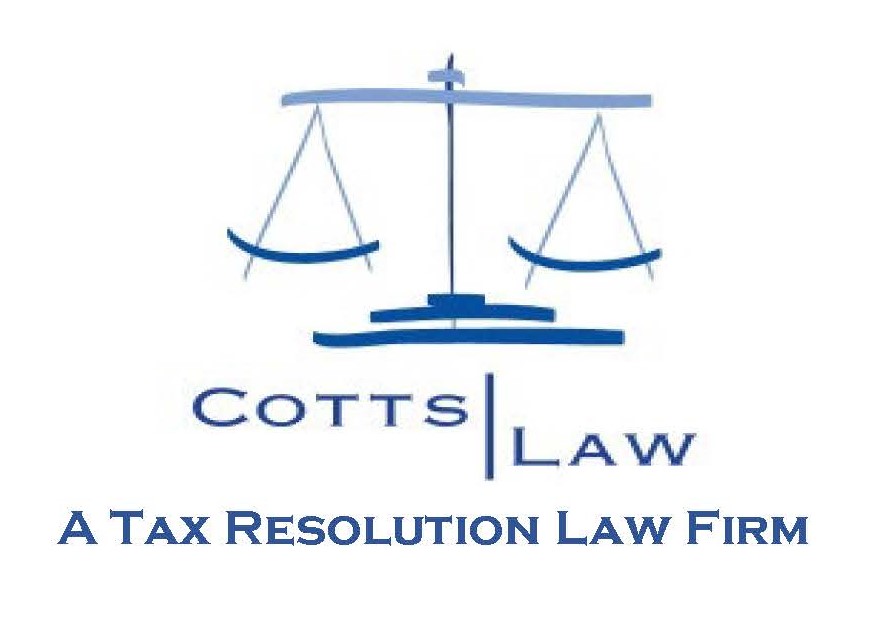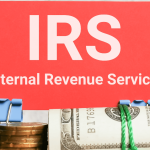While paying taxes is a civic duty that keeps our nation functioning, it may occasionally become a significant financial hardship for both individuals and businesses, particularly in hard economic times.
Thankfully, the tax system offers a number of tax relief services and tax breaks to assist those who might not be able to pay the IRS. Taxpayers can take charge of their financial commitments to the IRS and seek the required assistance by being aware of the many forms of tax relief and the qualifying requirements.
This article by COTTS LAW examines the numerous tax relief choices and the eligibility requirements. Get in touch with our office right away for a consultation and to find out about your options for tax debt relief if the IRS is claiming you owe $10,000 or more.
Tax Relief services in Tax relief 101
Installment Agreements
Taxpayers can pay their obligations in manageable monthly installments using an installment agreement. Those who are unable to pay their taxes in full will find this to be especially helpful.
Offer in Compromise (OIC)
If they fulfill specific qualifying requirements, taxpayers may be able to settle their tax liability for less than the total amount owing through the use of an offer in compromise or OIC provision. For those who are having financial difficulties, this type of assistance is perfect. If you are eligible—which not everyone is—you may be able to settle your IRS debt for a small percentage of what you were owed. Find out whether you qualify by contacting our firm.
Penalty Abatement
Tax penalties are steep and frequently result in the taxpayer incurring more debt. Because of this, a penalty abatement that waives some of the penalties accumulated on a property tax bill might offer significant relief. If a person has a legitimate reason for missing filing their taxes, such as a significant sickness or a natural disaster, they may be eligible for penalty abatement.
Innocent Spouse Relief
Innocent spouse relief may be available to taxpayers who filed joint returns but were ignorant of their spouse’s inaccurate or fraudulent tax reporting. This rule can protect people from being held accountable for their spouse’s activities’ tax liabilities.
Currently Not Collectible (CNC) Status
When someone is in financial hardship, IRS collection efforts are temporarily stopped by the CNC status. For eligibility, taxpayers must demonstrate that satisfying the tax obligation would lead to extreme financial difficulties.
For those dealing with specific IRS issues, remember to check the IRS Form 843 for claims of refund and requests for abatement. Understanding this form can be a crucial part of navigating through tax disputes.
Final Thoughts
Determining if you qualify for these tax relief options might be the first step in reducing your tax liability. It’s best to speak with tax relief experts who can offer tailored guidance depending on your particular financial circumstances. Contacting a tax relief expert like us can help you make sense of your overwhelming tax bill or IRS problems and assist you in working through the confusing tax system to find a solution. If you are considering bankruptcy as a solution to tax debt, Cotts Law Firm can help you.
For more detailed information on tax legislation and recent updates, don’t hesitate to visit COTTS LAW Give us a call at 361-866-3819 for a free, no-obligation consultation to find out which of the aforementioned programs you qualify for if you owe the IRS more than $10,000 or if you have unfiled tax returns. There is a solution to EVERY Tax problem!







